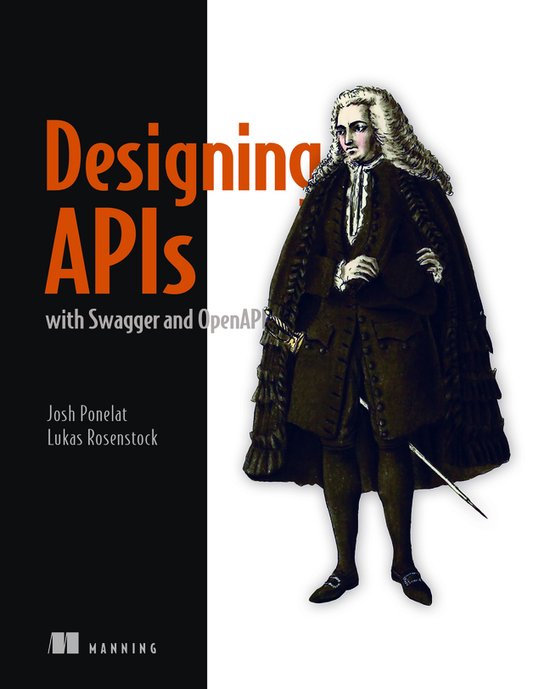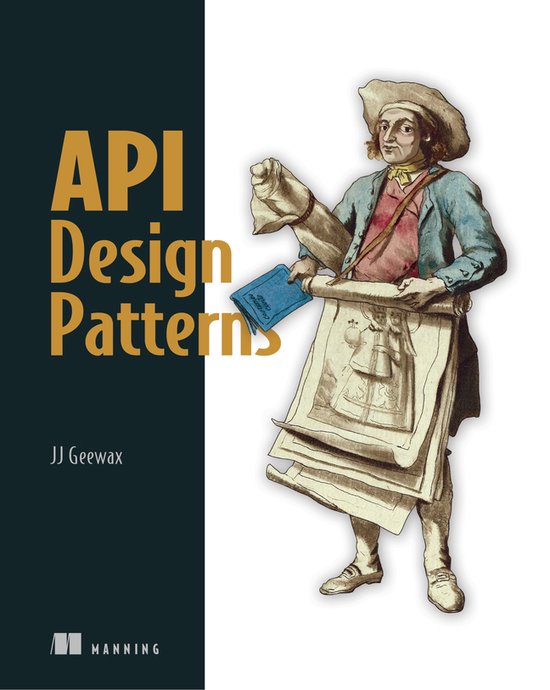
Designing APIs with Swagger and OpenAPI
Designing APIs with Swagger and OpenAPI is a hands-on primer for describing, planning and designing web APIs. Core Swagger contributor Josh Ponelat introduces you to a design-first paradigm that will teach you the best practices for describing and designing RESTful APIsusing OpenAPI and Swagger. You'll build upon progressively-enhanced examples asyou learn to describe an API and then extend it in the kind of scenarios you'dencounter in the real world. You'll practice skills for assessing business needs, gathering requirements, and working with a cross-functional team. And as you go, you'll use the popular Open Source tools to define APIs, generate documentation, and build other developer-friendly components like mocks, serverstubs, and client SDKs.
Using standards like OpenAPI, you can provide reliable, easy-to-use interfaces that allow other developers safe, controlled access to your software. Designing APIs withSwagger and OpenAPI is a hands-on primer to properly designing and describing your APIs using the most widely-adopted standard.
Designing APIswith Swagger and OpenAPI introduces you to a design-first paradigm that will teach you the best practices for describing and designing RESTful APIs using OpenAPI and Swagger. You'll build upon progressively-enhanced examples as you learn to describe an API andthen extend it in the kind of scenarios you'd encounter in the real world. As you go, you'll use the popular Open Source tools to define APIs, generate documentation, and build other developer-friendly components like mocks, server stubs, and client SDKs.
Modern web applications are made of multiple components, services, and servers connected through APIs, often using HTTP and REST as their primary interfaces. These architectures rely on APIs that allow access to the functionality of a component without requiring developers to understand the details of how it was implemented. The OpenAPI specification standardizes how you describe RESTful APIs. OpenAPI is vendor-neutral and has been adopted bybig tech companies such as Google, Microsoft, and Amazon.
| Auteur | | Lukas Rosenstock |
| Taal | | Engels |
| Type | | Paperback |
| Categorie | | Computers & Informatica |




